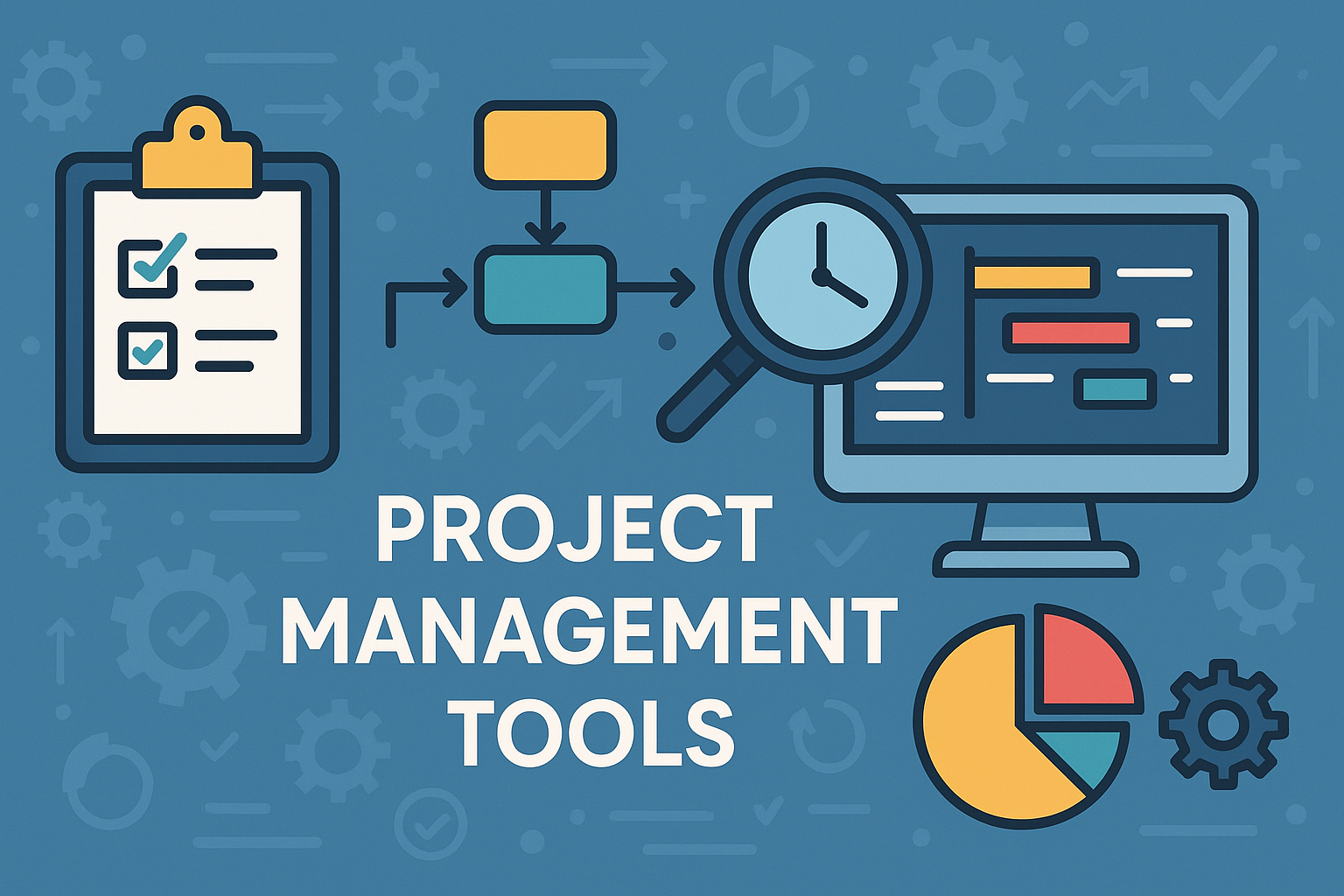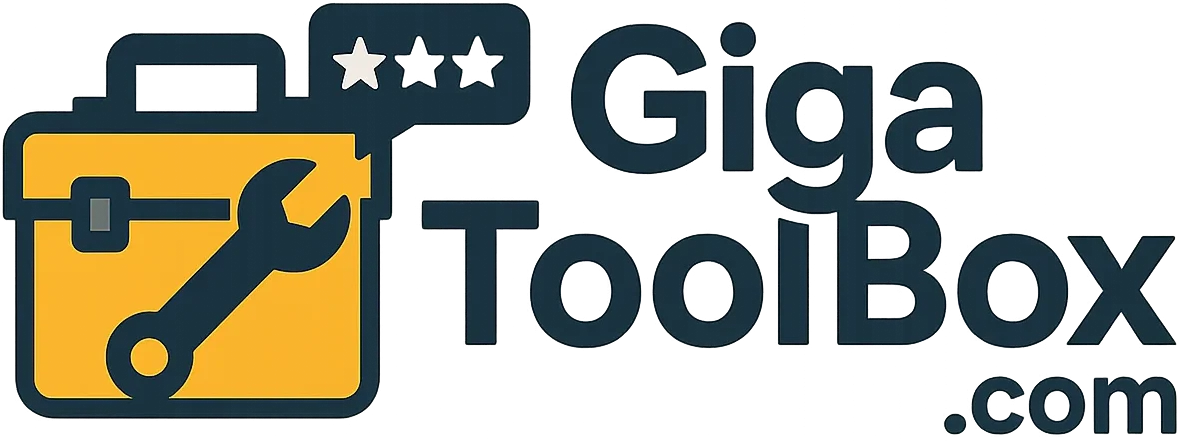
In today’s dynamic work environment, juggling multiple projects, deadlines, and teams without a system in place is a recipe for failure. Whether you’re managing a remote team, scaling a business, or delivering client work, project management tools have become mission-critical for staying competitive.
Yet many teams still rely on email threads, spreadsheets, or chat apps to manage complex workflows—often leading to delays, confusion, and wasted resources. In this article, we’ll explore why using a dedicated project management tool isn’t just a productivity boost—it’s a strategic advantage.
A Central Hub for Communication
One of the most common reasons projects stall or fail is poor communication. When updates are scattered across emails, Slack messages, and random meetings, teams lose context. Files go missing, instructions are misinterpreted, and progress is hard to track.
Project management tools eliminate this chaos by centralizing communication. Every task, deadline, comment, and file is housed in one place, attached to the relevant project or subtask. This ensures that everyone has access to the same information in real time. Whether your team is remote, hybrid, or in-office, project clarity increases dramatically when everything lives in a single, structured workspace.
Better Planning, Scheduling, and Execution
Without clear planning and task assignment, even the most skilled teams can lose momentum. Project management platforms allow managers to map out every phase of a project—breaking large goals into actionable steps, assigning responsibilities, and setting realistic deadlines.
Visual timelines, calendars, and kanban boards make it easy to understand how each task fits into the bigger picture. As a result, teams can prioritize work more effectively, identify dependencies, and spot potential delays before they become critical issues. This level of structure improves both delivery speed and consistency.
Increased Accountability and Team Alignment
In any project, accountability is key. Without a clear record of who’s doing what—and when—team members may duplicate work, miss important steps, or disengage entirely. Project management tools provide transparency by making task ownership and status visible to everyone involved.
When each task has an assignee, a deadline, and a defined outcome, it’s easier to stay aligned and avoid micromanagement. Managers can monitor progress without constantly checking in, while team members feel empowered to take ownership of their work. This fosters a culture of responsibility and trust across the organization.
Smarter Resource Management
Managing your team’s time and energy is just as important as managing tasks. Many project management tools include features that help you allocate resources intelligently—such as workload charts, availability tracking, and capacity planning.
By seeing who’s overbooked or underutilized, managers can rebalance assignments, reduce burnout, and improve project velocity. This data-driven approach makes it easier to deliver high-quality work without overextending your team.
Real-Time Visibility and Reporting
Knowing where a project stands at any given moment is crucial for effective leadership. Project management tools provide dashboards and reporting features that allow stakeholders to track progress, monitor performance, and make informed decisions quickly.
Whether it’s tracking hours logged, budget usage, or milestone completion, these insights allow you to identify bottlenecks and pivot as needed. This visibility is especially valuable for agencies and client-facing teams who need to demonstrate results and justify billing.
Seamless Collaboration—Anywhere, Anytime
With distributed teams becoming the norm, real-time collaboration is no longer a luxury—it’s a necessity. Project management platforms are built with remote work in mind, offering features like cloud-based file sharing, real-time updates, and integrations with tools like Zoom, Google Drive, and Slack.
These capabilities help eliminate silos and streamline workflows across time zones. Team members can contribute to tasks, leave comments, and access project files from anywhere, keeping momentum strong regardless of physical location.
Risk Reduction and Fewer Errors
Lack of structure leads to mistakes—missed deadlines, scope creep, forgotten deliverables. Project management tools help teams avoid these pitfalls by introducing standardized processes, automated reminders, and built-in quality controls.
When tasks are mapped out, dependencies are tracked, and deadlines are enforced through notifications, the likelihood of something slipping through the cracks drops significantly. This not only improves project outcomes but also builds client confidence.
Built to Scale With Your Business
As your organization grows, so does the complexity of your projects. What worked with five team members won’t work with fifty. Project management tools scale with you, offering customizable workflows, role-based permissions, and integrations with your broader tech stack.
You can automate recurring tasks, create templates for repeatable processes, and manage multiple projects across departments—all while maintaining consistency and oversight. This adaptability makes these tools ideal for startups, enterprises, and everything in between.
A Competitive Edge in a Crowded Market
In industries where speed, precision, and customer experience make or break your success, using the right project management tool gives you a competitive edge. Teams that can plan efficiently, execute quickly, and adapt on the fly will consistently outperform their peers.
It’s not just about getting things done—it’s about getting the right things done, at the right time, with the right people. And that’s exactly what project management platforms are designed to help you do.
Final Thoughts
Project management tools aren’t just software—they’re strategic systems that drive clarity, collaboration, and control across your organization. From centralizing communication to optimizing resource allocation, these platforms are essential for teams that want to scale effectively and deliver consistently high-quality work.
If you’re ready to improve how your team plans and executes projects, take the next step and explore our curated guide to the best project management tools. You’ll find in-depth reviews, feature comparisons, and expert recommendations to help you choose the right tool for your business.
